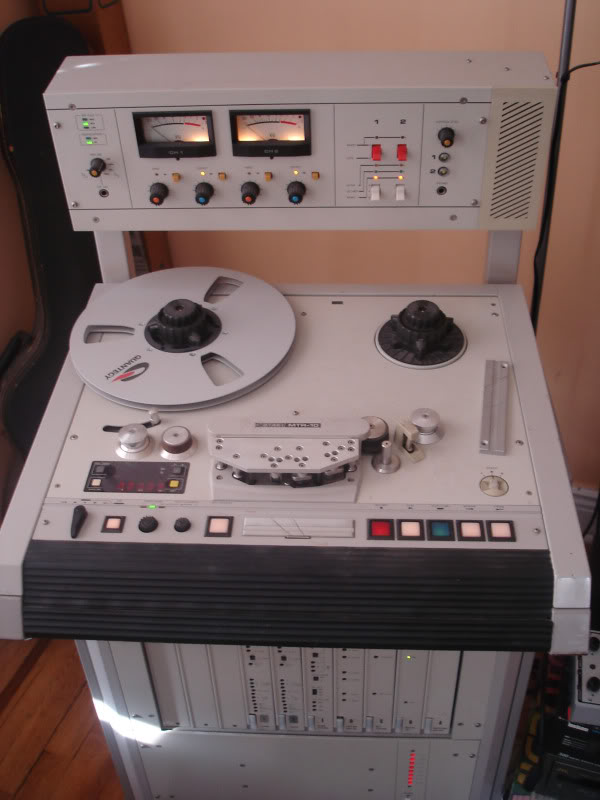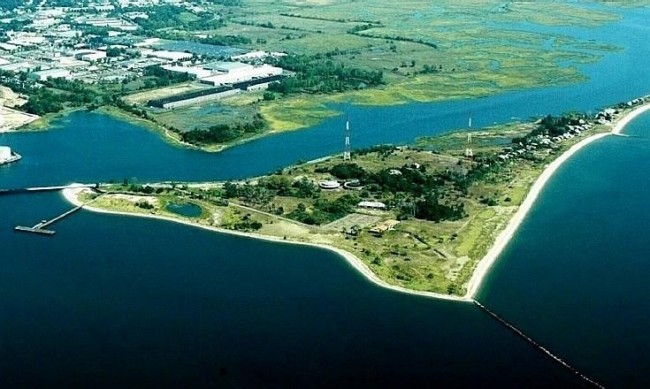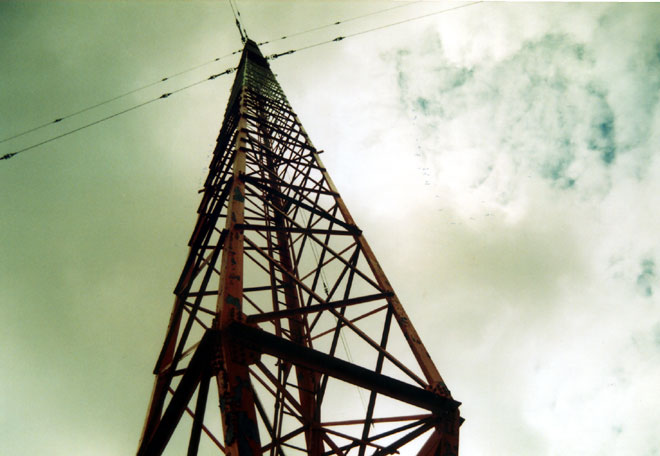On Thursday, January 27th at 22:34 UTC (about 4:30 PM, NY time) Egypt cut off outside access to the internet. According to Renesys:
At 22:34 UTC (00:34am local time), Renesys observed the virtually simultaneous withdrawal of all routes to Egyptian networks in the Internet’s global routing table. Approximately 3,500 individual BGP routes were withdrawn, leaving no valid paths by which the rest of the world could continue to exchange Internet traffic with Egypt’s service providers.
Go and read the entire article. Notice how the government asked and the ISP corporations complied. This is in response to massive riots and uprisings in Cairo and other cities which may topple the government. Think that the internet and new media alone can keep our government honest and doing the people’s work? Think again. Net Neutrality is a pipe dream and would do nothing to stop this type of censorship regardless.
A free press is one of the critical legs of our democracy. Traditional broadcasting and media have been decimated in the last 15 years. They are not without fault, cutting staff, politically slanted reporting, and profit-taking has done their part. Fortunately, while staff have disappeared, the infrastructure (networks, transmitters, printing presses) remains in place. They need to be revitalized and utilized. There is a trend that I and others have noticed where small operators, perhaps one or two stations at most, are providing excellent service to their respective communities and running circles around other, group-owned stations in the same market.



